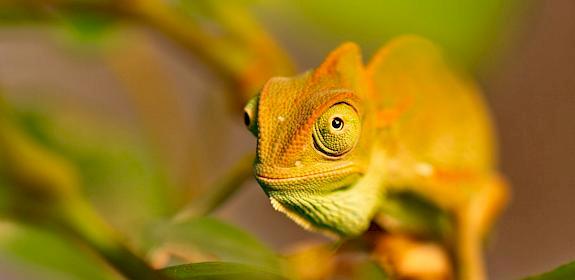CITES members silent over failure to address illegal toothfish fishing
Bangkok, Thailand, 13th March 2013—Governments remained silent when a report demonstrating their lack of co-operation in addressing illegal fishing of toothfish was presented to the CITES meeting currently underway in Bangkok.

The report, submitted by the Commission for the Conservation of Antarctic Marine Living Resources (CCAMLR), the international organization charged with regulating fisheries in the Southern Ocean, named those CITES members that have failed to abide by their promises made 11 years ago.
“There was a deafening silence when the CCAMLR report was on the agenda. Nobody spoke up—either to defend their lack of action or to ask why some governments had not done anything to help,” said Glenn Sant, TRAFFIC’s Marine Programme Leader.
In 2002, the Patagonian Toothfish was proposed for inclusion in CITES (the Convention on International Trade in Endangered Species of Wild Fauna and Flora), but the proposal was withdrawn after governments at the meeting instead committed to co-operate with CCAMLR to stamp out illegal fishing in the Southern Ocean.
But 11 years on, CCAMLR has reported to CITES this week and detailed a serious lack of co-operation from the relevant governments.
• The report names the countries who are involved in toothfish fishing or trade, but have failed to co-operate with CCAMLR as Antigua and Barbuda, Bahamas, Colombia, Dominican Republic, Ecuador, Indonesia, Kenya, Malaysia, Mexico, Morocco, Nigeria, Philippines, Singapore, St Kitts and Nevis, Thailand, Trinidad and Tobago, Turkey, United Arab Emirates and Viet Nam. All are members of CITES.
• A list of CCAMLR non-co-operating party IUU vessels names them as being flagged to Belize, Iran, Panama, Nigeria and Mongolia. Again, all are members of CITES.
• The Commission also expressed particular concern that illegally operating vessels in 2012 have benefited from access to ports in Malaysia.
“It is nothing short of an international disgrace that promises of co-operation with CCAMLR to end illegal toothfish trade made under CITES have been broken,” said Sant.
In 2001 TRAFFIC found that at least half of the total amount of toothfish in trade was illegally sourced. By 2007, that proportion had dropped, but was still significant and continues today. Much of the illegal fishing is through the use of banned deepwater set gillnets. The nets are vast—some up to 130 km long and set 1.5 km deep catching whatever swims in to them with a threat of the nets being lost and continuing to fish for years, known as “ghost fishing”.
“Some governments have argued this week that CITES should defer to dedicated international fisheries agreements and not include marine species under its trade controls,” said Steven Broad, TRAFFIC’s Executive Director.
“But here is a case where CITES decided to do just this over a decade ago, and the result has been extremely disappointing”.
“We are left wondering whether listing of Patagonian Toothfish under CITES back in 2002, might in fact have helped prompt much more effective action to stop illegal fishing and trade.”
Notes:
CCAMLR has 25 member States: Argentina, Australia, Belgium, Brazil, Chile, China, European Union, France, Germany, India, Italy, Japan, Republic of Korea, Namibia, New Zealand, Norway, Poland, Russia, South Africa, Spain, Sweden, Ukraine, United Kingdom, USA, Uruguay.



